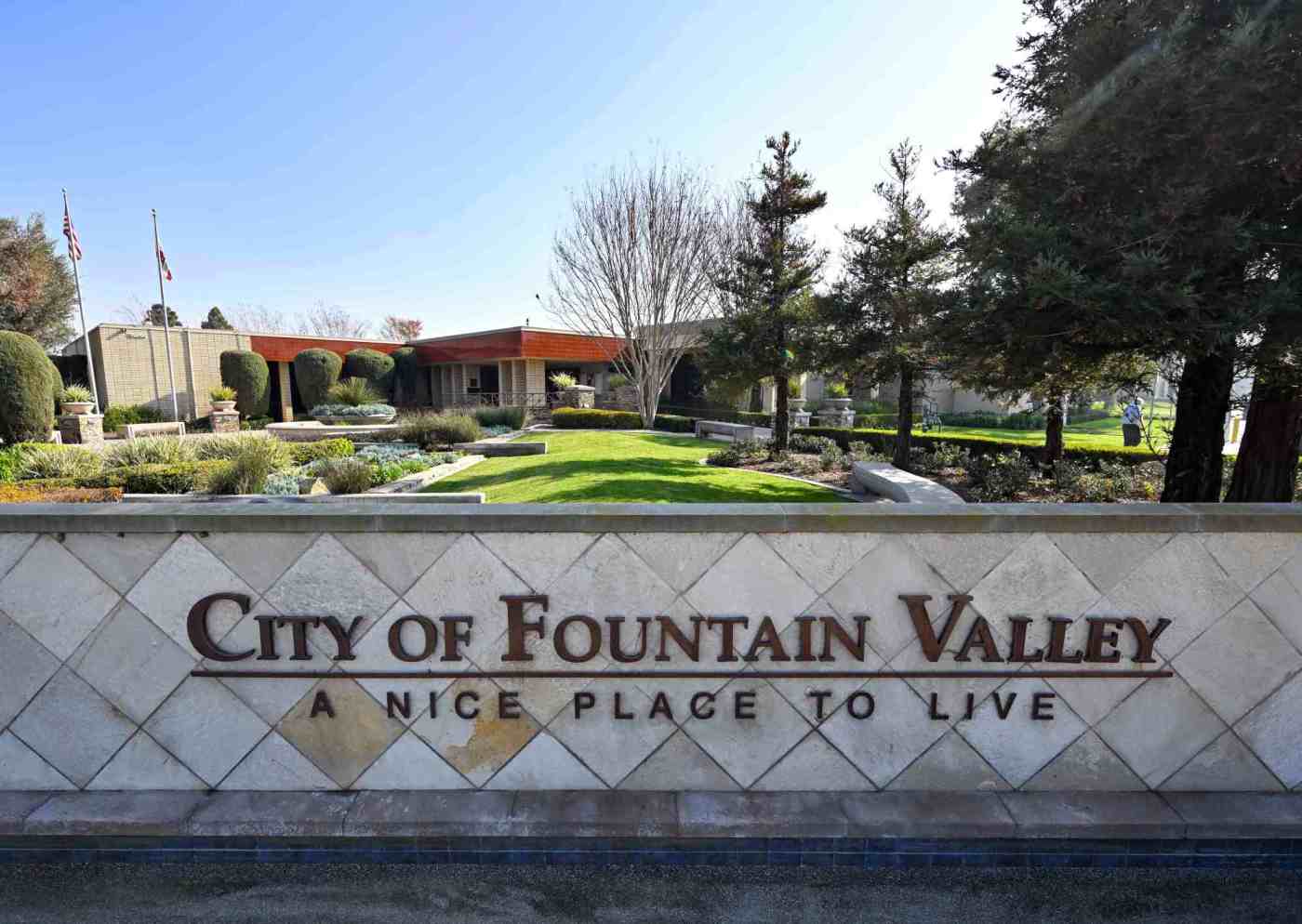In its consideration of whether Fountain Valley should become a charter city, the City Council sought input from its residents.
The city, which currently operates as a general law municipality governed by state laws, held a second town hall on the subject on Oct. 18, where the prospect of becoming a charter city was met with mixed reactions.
Of the approximate 50 residents in attendance at the Fountain Valley Recreation Center, the 18 who took to the podium were split on whether the city should have its own charter.
By adopting its own charter, essentially a city constitution, Fountain Valley would have more control over local concerns related to zoning, city elections, public contracts, revenue and spending. But charter cities are sometimes more vulnerable to legal challenges, resulting in increased legal costs for taxpayers.
“I want to send a message that we, Fountain Valley, are unique,” Mayor Ted Bui, a supporter of charter status, said. “There are some things from Sacramento that I disagree with.”
Chief among the points of contention for Bui: California legislation on planning and zoning.
Passed and signed into law on Oct. 10, Senate Bill 79 overrides local zoning laws and height limits to allow for denser housing developments within a half-mile radius of transit hubs. Becoming a charter city, Bui said, might make Fountain Valley more well-positioned to go against the state in court.
“If we are a charter city, and if SB 79 comes into our city and we want to push back, we can join other cities who feel the same way — that nine stories would demolish the community — and push back and fight this,” Bui said, referencing the successful challenge of Senate Bill 9, which allows for a single-family lot to be split into two parcels, with up to four units per original lot.
Last year, five charter cities — Redondo Beach, Carson, Del Mar, Torrance and Whittier — won a ruling from the Los Angeles County Superior Court, which decided Senate Bill 9 did not apply to those cities. So far, the ruling is only binding for the five petitioner cities. However, an appellate ruling could potentially enforce state housing laws in all of California’s 121 charter cities.
In California, 121 of 482 cities have adopted a charter, including 10 of varying sizes in Orange County, including Anaheim, Cypress, Irvine, Newport Beach and Fountain Valley’s neighbor, Huntington Beach.
Fullerton leaders are also considering charter city status, having decided in June to create an ad hoc committee to draft a charter for voters to consider later.
“I’ve lived and worked in other charter cities like Irvine and Huntington. It’s very scary to make new changes, but we have to think outside the box,” resident James Nguyen told the council at the town hall, encouraging the adoption of charter status to oppose Senate Bill 79. “What happens to our parking? Imagine that in our backyard. We are a small town.”
Councilmember Glenn Grandis, hesitant about adopting a charter, voiced his concerns about the potential designation.
“My biggest concern is the false hope that we can do something about SB 79,” he said. “Nobody has come up with a good reason to spend money and give up staff time. If there has been a good reason, a tangible, direct benefit, I’d be the first in line.”
Huntington Beach, which adopted its charter in 1937, was referenced multiple times during the town hall as an example of how charter cities are not always successful in fighting the state in court.
The city was successful in a voter identification lawsuit earlier this year, though the state is currently appealing the judge’s decision. But last month, Huntington Beach was barred from restricting minors from accessing books with perceived sexual content in the city’s libraries. Some of Huntington Beach’s court battles in recent years with the state over housing issues and the sanctuary state law have also shown judges consider there to be some limits on charter cities’ autonomy.
The City Council is expected at its Nov. 4 meeting to vote whether to place the matter on the general election ballot in Nov. 2026.
